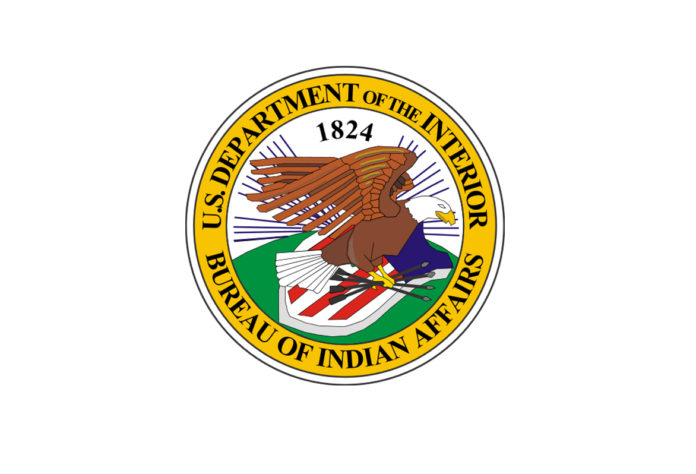WASHINGTON, D.C. – The Department of the Interior’s Office of the Assistant Secretary for Indian Affairs announced a final rule to update the federal regulations governing fee-to-trust, or land-into-trust, acquisitions that transfer land title to the United States to be held in trust for the benefit of a tribe or individual tribal citizen.
Consistent with President Biden’s commitment to make it easier for tribes to place land into trust, the final rule will make the process simpler, more efficient, and less expensive.
“Placing land into trust is critical to tribal sovereignty, self-determination, preservation of history and culture, economic development, and the well-being of tribal citizens,” said Assistant Secretary for Indian Affairs Bryan Newland. “We have received overwhelming support from tribes for these updates throughout the process. Today’s announcement delivers on our commitment to improving the fee-to-trust process.”
Acquisition of land in trust is essential to tribal self-determination and to maximize tribes’ eligibility for federal services and programs. This process also helps right the wrongs of past policies such as allotment, which removed millions of acres of land from tribal ownership and federal protection. Federal policies dating back more than a century have eroded the land base of Indian tribes across the United States.
By placing lands into trust status through the Department, tribes can reacquire lands, establish a land base for tribal communities, and clarify jurisdiction over their lands. Tribes have previously faced delays and increasing costs in efforts to develop housing projects, manage law enforcement agencies, engage in agriculture and conservation practices, and develop local economies as a result of inefficiencies and delays in the land-into-trust process.
The final rule, which will update 25 C.F.R. Part 151, reflects input and recommendations provided by tribes during two listening sessions and four formal consultation sessions as well as written comments from tribes and the public submitted to the Department. The new regulations will be effective 30 days after being published in the Federal Register, which is expected in the coming days.















































